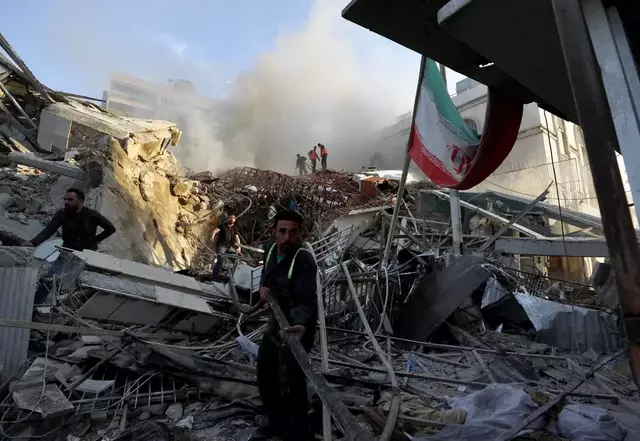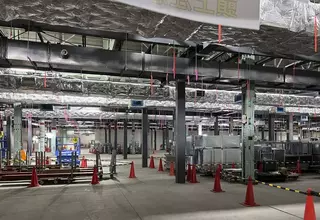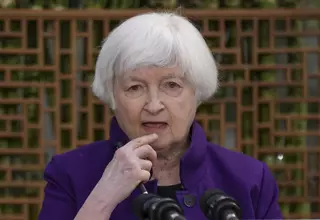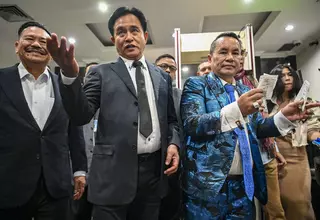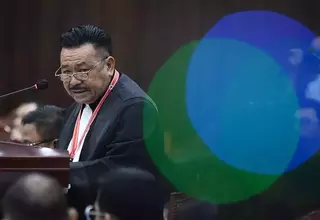Commentary: Asean Goal to Eradicate Drugs in the Region Leads to Disregard for Human Life
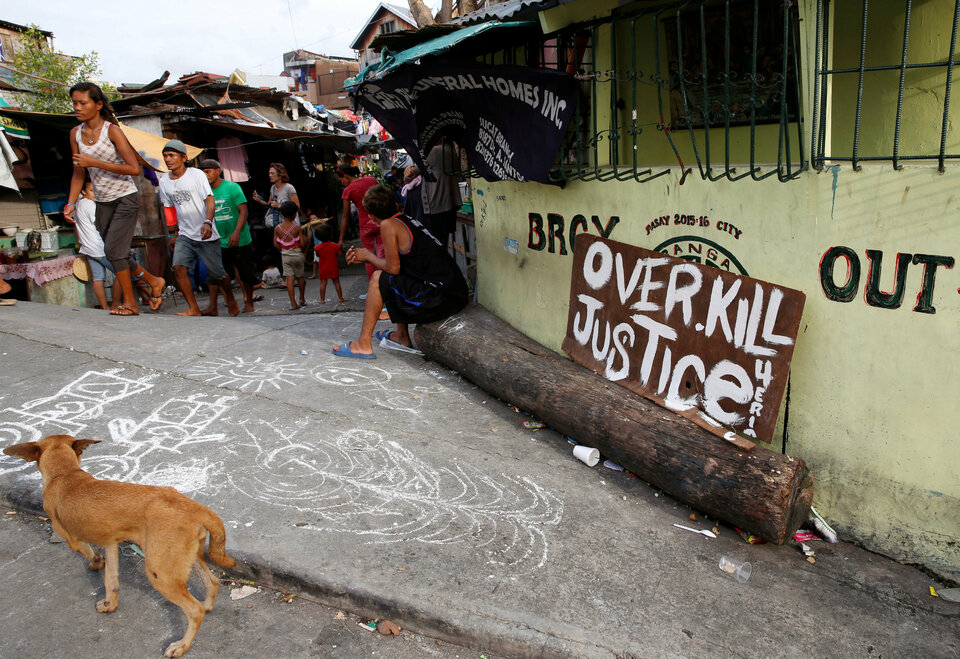
Four years ago member states of the Association of Southeast Asian Nations adopted the Asean Human Rights Declaration. Yet today the region is seeing a worrying backward trend in human rights protection in the name of a “war on drugs.”
In the Philippines, civilian death squads and the police have murdered more than 2,000 people since Rodrigo Duterte became president in July. He encouraged the assassinations in the name of the war on drugs and had promised 100,000 would be killed
In Indonesia, in the first two years of his presidency, Joko “Jokowi” Widodo has ordered three waves of mass execution so far, killing 18 people, mostly death row inmates charged for drug offences. They received their death sentences under a corrupt judicial system. Many were sentenced without the minimum procedural and evidential guarantees required for fair trials.
The Asean Human Rights Declaration says that member states affirm all the civil and political rights in the Universal Declaration of Human Rights. Article 11 of the Asean Declaration reads: "Every person has an inherent right to life, which shall be protected by law."
The grouping has been silent about the blatant disregard for human lives shown by the Philippines and Indonesia. And this silence will become even more deafening as Asean recently appointed Duterte as its chairman for 2017.
Duterte’s appointment signals that despite the region’s adoption of a human rights instrument, countries continue to be reluctant to ensure rights protection in the region and continue to treat human rights as a domestic issue.
Asean's unrealistic "drug-free" goal
In their presidential campaigns, both Duterte and Jokowi promised to eliminate corruption. Both are carrying out harsh anti-drug measures, albeit in different degrees.
Nevertheless, it’s doubtful that either leader will succeed in eliminating drugs or corruption in their countries. The illegal drug trade and drug use are only symptoms of a bigger problem. Both countries have a weak rule of law and the policies of both presidents exacerbate the problem.
Asean’s silence on the harsh anti-drug measures is also rooted in the unrealistic goal of creating a drug-free environment, which is enshrined in the Asean Charter signed by member states in 2007.
In their Asean Vision 2020 document, member states aim to free the region from illicit drugs by 2020.
Some government officials of member states have acknowledged the goal is unrealistic. Thailand’s justice minister has said the eradication of illegal drugs is counterproductive as it creates systemic corruption in law enforcement institutions and results in overcrowding in prisons. The Malaysian government also describes this goal as an illusion.
The drug-free society narrative has created an unbalanced intervention which heavily focuses on the criminal justice system while neglecting public health measures.
How can we fix this?
Asean drug policy should be overhauled. The number of drug seizures and people executed should not be indicators of success. With the current law-enforcement approach, drug production, processing, trafficking and use continue in the region.
Asean member states allocate huge budgets to eliminate drug trafficking. Indonesia, for example, has spent more than $27 million to combat international organised crime between 2012 and 2015.
The Indonesia Narcotics Agency (BNN) states that it has a budget of more than $100 million in 2015. But the large budget that funds these operations goes to waste as Indonesia remains the place where amphetamine-type drugs are produced and trafficked to meet growing demand for crystalline methamphetamine and ecstasy (MDMA) across the region.
Evidence shows decriminalization and a focus public health approach, such as in Portugal, reduces illicit drug consumption in society. But there is no evidence showing that violence and law enforcement approach does the same.
Through criminalization, certain types of drugs and distribution will disappear, but other drug types and new methods of drug trafficking will appear.
It is important to position the problem of drug use as a social and health issue. Governments should focus on solving social problems such as poverty and unemployment.
Governments should be serious about tackling corruption in the bureaucracy and criminal justice system. And, most importantly, in the effort to protect people from the effects of drug dependence, they should prioritise harm reduction over law enforcement.
The illicit drug market will continue to flourish where the rule of law is weak and where torture and violence are happening in people’s daily lives. The arbitrary executions will help cover up the real networks of the illicit drug market, which are run by large dark syndicates, not by the poor drug mules and dealers in the street level.
Ending the crime and not people’s lives is the whole issue Asean has failed to see.
This silence should not be condoned. It is time for Asean to re-interpret the principle of non-intervention when it fails to protect their main subjects: “WE, THE PEOPLES,” as it states in the preamble of its charter.
Asmin Fransiska is a lecturer in human rights at Atma Jaya Catholic University
This article was originally published on <a href="http://theconversation.com">The Conversation</a>. Read the <a href="https://theconversation.com/asean-goal-to-eradicate-drugs-in-the-region-leads-to-disregard-for-human-life-63071">original article</a>.</p>
Tags: Keywords:POPULAR READS
Nissan to Make Next-Generation EV Batteries by Early 2029
Solid-state batteries are widely seen as the next step for EVs.Airlangga Set to Extend Leadership in Golkar After Election Success
Under his leadership, Golkar rose to the second position in the legislative polls and successfully made Gibran the elected vice president.Yellen Says Iran's Actions Could Cause Global 'Economic Spillovers'
Iran's missile attack on Israel early Sunday came in response to what it says was an Israeli strike on Iran's consulate in Syria.Takeaways from Prabowo's Responses to Legal Motion Contesting His Election Win
Part of the argument addresses the claim that the candidacy of Gibran Rakabuming Raka, Prabowo’s running mate, is unlawful.Prabowo Camp Cites ‘Procedural Error’ in Legal Challenge by Rival Candidates
The Constitutional Court's main task is to address alleged discrepancies in vote tallies, which neither of the plaintiffs challenged.Popular Tag
Most Popular
